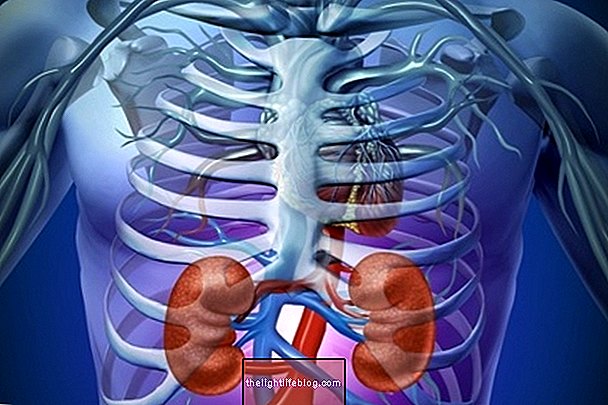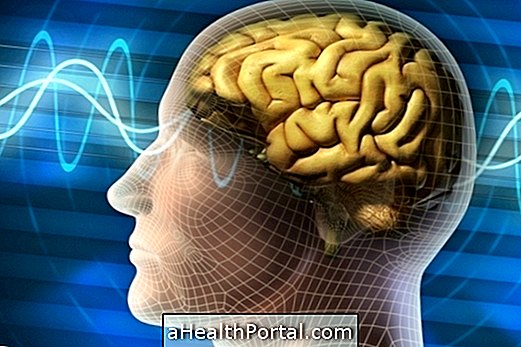Mild mental retardation, also known as mild intellectual disability, is characterized by discrete limitations related to learning and communication skills, for example, which take time to develop. This degree of intellectual disability can be identified through an intelligence test, in which the intelligence quotient (IQ) is between 50 and 69.
This type of intellectual disability is more frequent in men and is usually noticed in childhood from the observation of behavior and learning and interaction difficulties or the presence of impulsive behavior, for example.
The diagnosis of mild intellectual disability can be made by a psychologist or psychiatrist not only by conducting intelligence tests, but also by assessing the child's behavior and thinking during consultations and reporting by parents or guardians. Despite limited intellectual capacity, children with mild mental retardation can benefit from education and psychotherapy, as their skills are stimulated.

Main features
People with mild intellectual disabilities do not have obvious physical changes, but they may have some characteristics that help to identify this type of mental retardation, the main ones being:
- Lack of maturity;
- Little capacity for social interaction;
- Very specific line of thought;
- They have difficulty adapting;
- They have the ability to commit impulsive acts;
- Compromise of judgment.
In addition, people with mild mental retardation may experience epileptic episodes and, therefore, must be accompanied by a psychologist or psychiatrist. The characteristics of mild mental retardation are variable, and there may be variation related to the degree of impaired behavior. Learn more about mental retardation.
What to do
It is important that the child's skills are stimulated, and it is important that they are regularly monitored by the psychologist, pediatrician and / or occupational therapist, in addition to having the proper support from parents and family members. Thus, in addition to stimulating personal development, it is also possible to promote the development of the child's social and speech capacity.
Was this information helpful?
Yes No
Your opinion is important! Write here how we can improve our text:
Any questions? Click here to be answered.
Email in which you want to receive a reply:
Check the confirmation email we sent you.
Your name:
Reason for visit:
--- Choose your reason --- DiseaseLive betterHelp another personGain knowledge
Are you a health professional?
NoMedicalPharmaceuticalsNurseNutritionistBiomedicalPhysiotherapistBeauticianOther




















